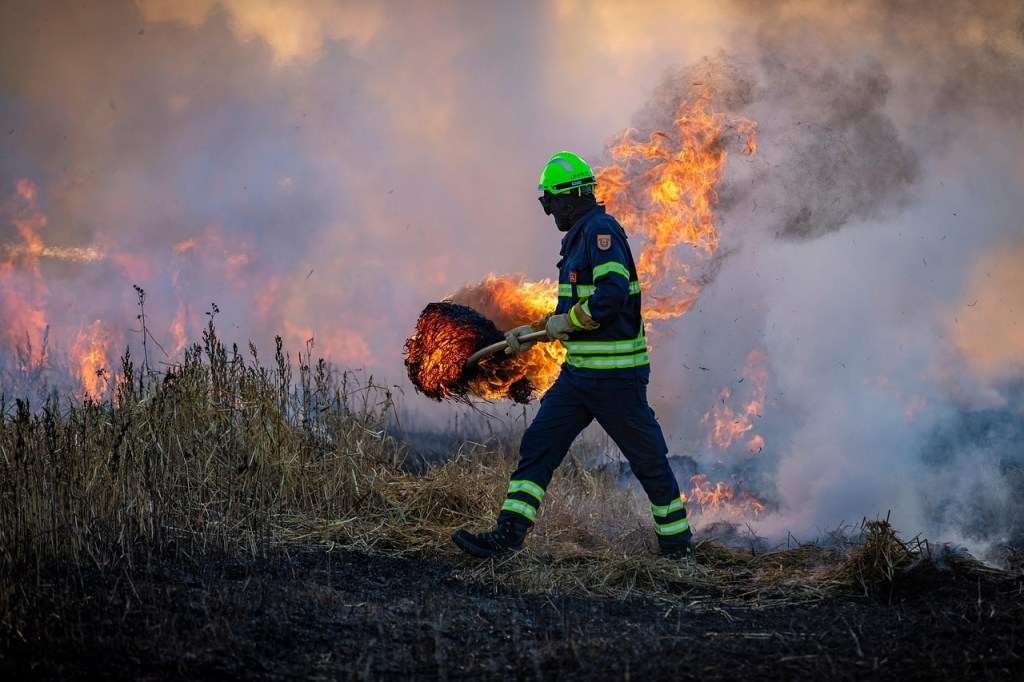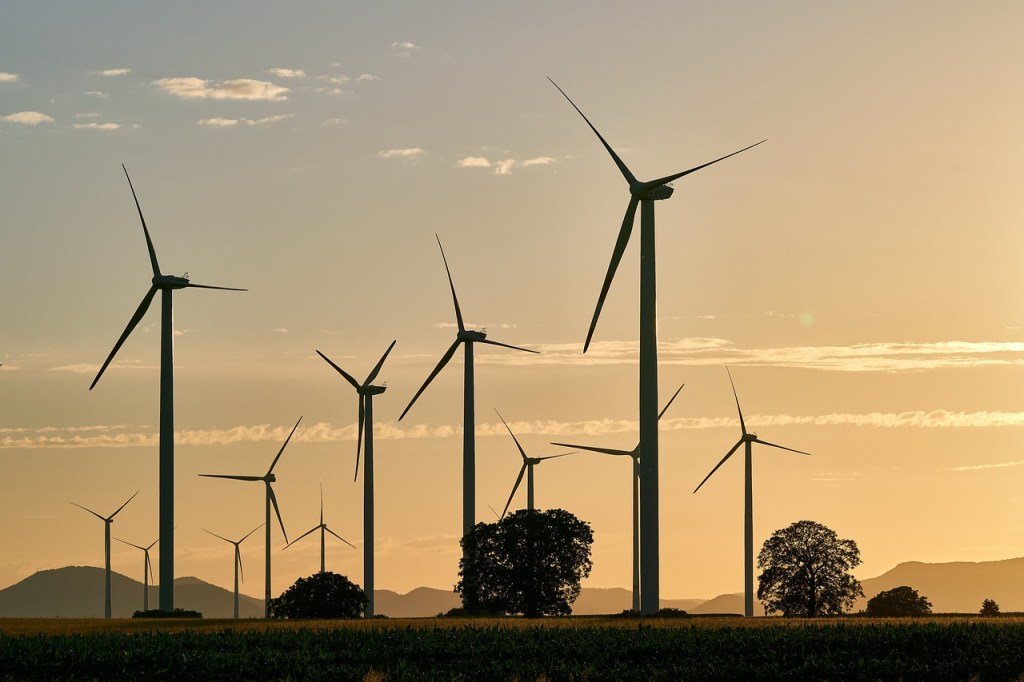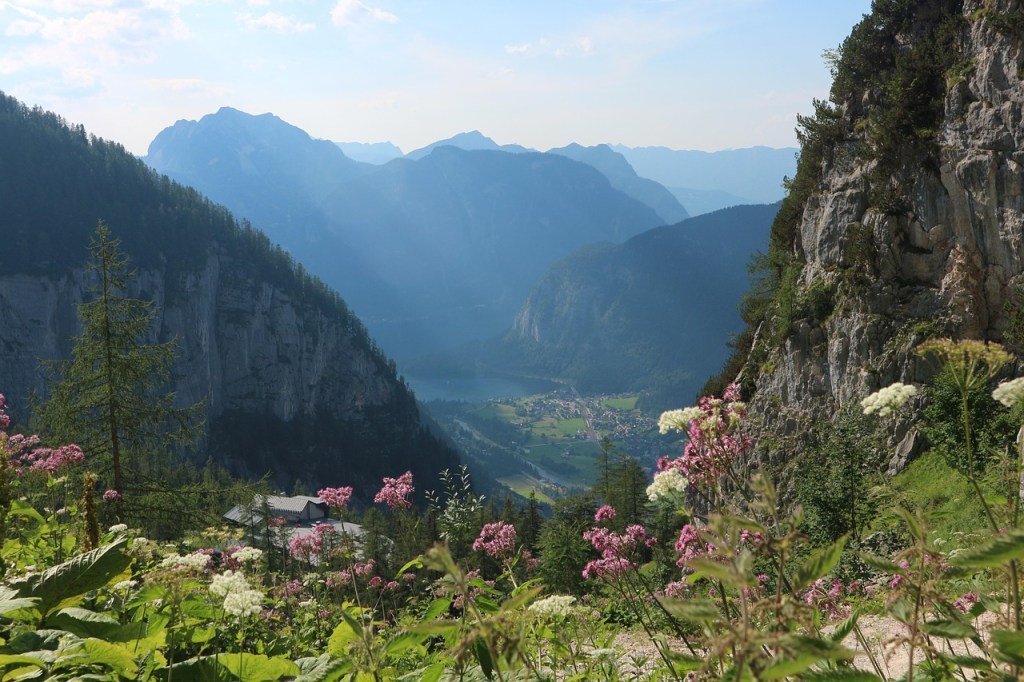I would like to open with two statements that I think are necessary. It would be remiss for me to not acknowledge that most people are aware that burning materials is the primary cause of climate change. It is also important to highlight that many of us, me included, suffer from a degree of climate anxiety.
However, to truly understand the facts we must revisit those established ideas and confront them. As hiding away from the at times upsetting truth means little will change. And change we must.
We live in the Anthropocene, an era of earth shaped and moulded by humanity. This makes it our responsibility to sustain and protect it. So, we will look deeper into the negative effects of burning fossil fuels and other materials and why there is, ultimately, always hope.
Fossils and Fire

Fossil fuels are substances such as oil, natural gas and coal that form over millions of years. Formed from degraded organic matter, the carbon the organisms absorbed in life, are trapped and stored underground. Thus the extraction and subsequent burning releases excessive amounts of carbon back into the atmosphere.
Burning is a large part of the climate change crisis. More than 40% of energy related CO2 emissions are due to burning fossil fuels for electricity. This excess of fossil fuels traps heat in the earth’s atmosphere, reduces air quality and increases the acidity of the ocean. The negative effects split and spiral from this core selection.
This doesn’t cover the non-fossil fuel or carbon related issues, either. Such as the burning of forests and peatland, that contain dense pockets of carbon. Additionally, the release of nitrogen oxide is an overlooked issue that contributes to smog and acid rain.
The effects of climate change may seem like a distant, unknowing problem. However, it is already here. Tuvalu, the tiny pacific island nation, faces the very real, very imminent threat of climate change. This is especially tragic when considering their meagre contribution to carbon output.
It can understandably seem like doom and gloom. But hope is a powerful ally and there is always something that can be done.
Wind and Water

It is understandably easier said than done to stop burning fuel. There is so much that relies on the fossil fuel industry including electricity, transportation and heating. But it isn’t as if we haven’t already found solutions.
Renewable energy is energy that can be, if managed correctly, replenished naturally without end. For example, fossil fuels are not renewable as there is a finite supply. Luckily, there are plenty of renewable sources of energy that, importantly, don’t burn or release excess carbon.
Many of these will be familiar to you. Solar energy, wind power, hydroelectric and biofuels are the poster children of green energy. This is but the tip of the preventable melting iceberg.
Geothermal engineering is the accessing of the Earth’s natural heat sources to provide electricity. It is a largely untapped natural resource that has the ability to be a viable clean energy source.
The UK’s biggest emitters in 2024 were buildings and transportation. Luckily there is plenty of innovation in cleaner energy for transport. Hydrogen fuel cell vehicles (FCVs) are a type of electrical vehicle that is powered by a fuel cell rather than a battery. This technology has the capability to be applied in a cleaner way and FCVs have a similar range as traditional internal combustion engines.
Innovations are possible and the way we run the world can change. It just takes effort and investment.
We Didn’t Start The Fire

Whilst this, the previous and future generations didn’t start our reliance on fossil fuels, it is our collective responsibility to detach ourselves. And whilst the world will be changed by the damage we’ve already done, it is never over.
Doomerism, a pessimistic outlook on global issues, is unhelpful and regressive. Believing that nothing can be done means we abandon the present and future. It does not motivate the public or governments to act to protect our world.
Hannah Ritchie’s book Not The End Of The World views the climate battle with a positive but realistic view. Taking into account what we can do and what we are already doing. Similarly, climatologist professor Michael Mann speaks about the hope of surviving the climate crisis. Highlighting the importance of staying positive as we push for a sustainable future.
Balance is, of course, vital. We must look at the damning truth objectively. The world is warming; we are losing species and sea levels are rising. But saying nothing can be done helps no-one. In a world where things are often black or white, we must operate in the grey of climate change. Acknowledge the urgency whilst understanding that we are not defeated.
And one vital aspect of this is where we get our energy from. Change is needed. Change is possible for our sustainable future.
Be curious!
- Needing to revitalise your climate change optimism, check out why there is still reason to believe in the USA.
- There are plenty of alternative fuel options for cars. Check them out here.
- Not sure where to begin your activism journey? Read our article and get yourself started!
The post We Didn’t Start The Fire: Why We Need to Stop Burning for Fuel appeared first on Curious Earth.














